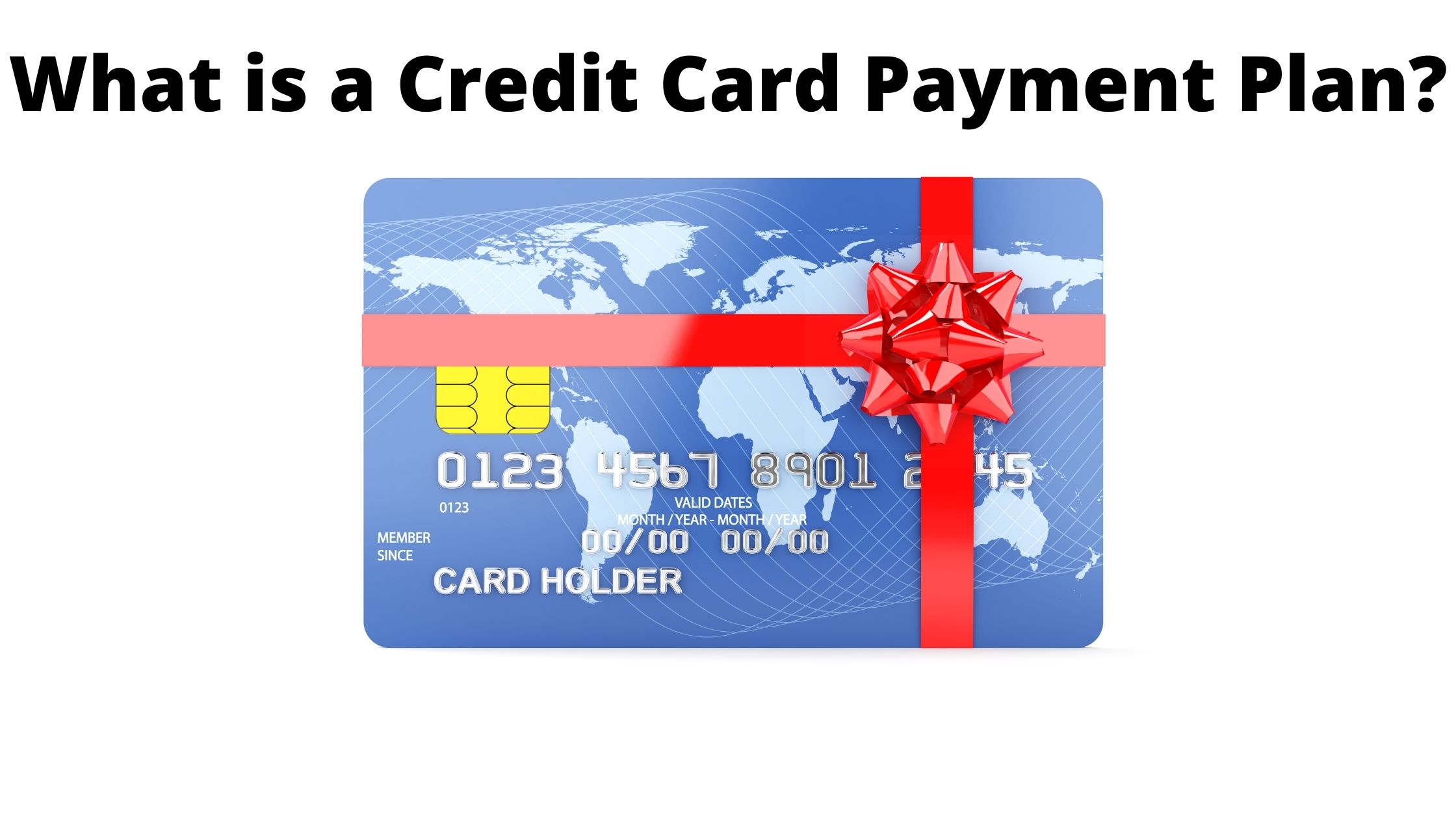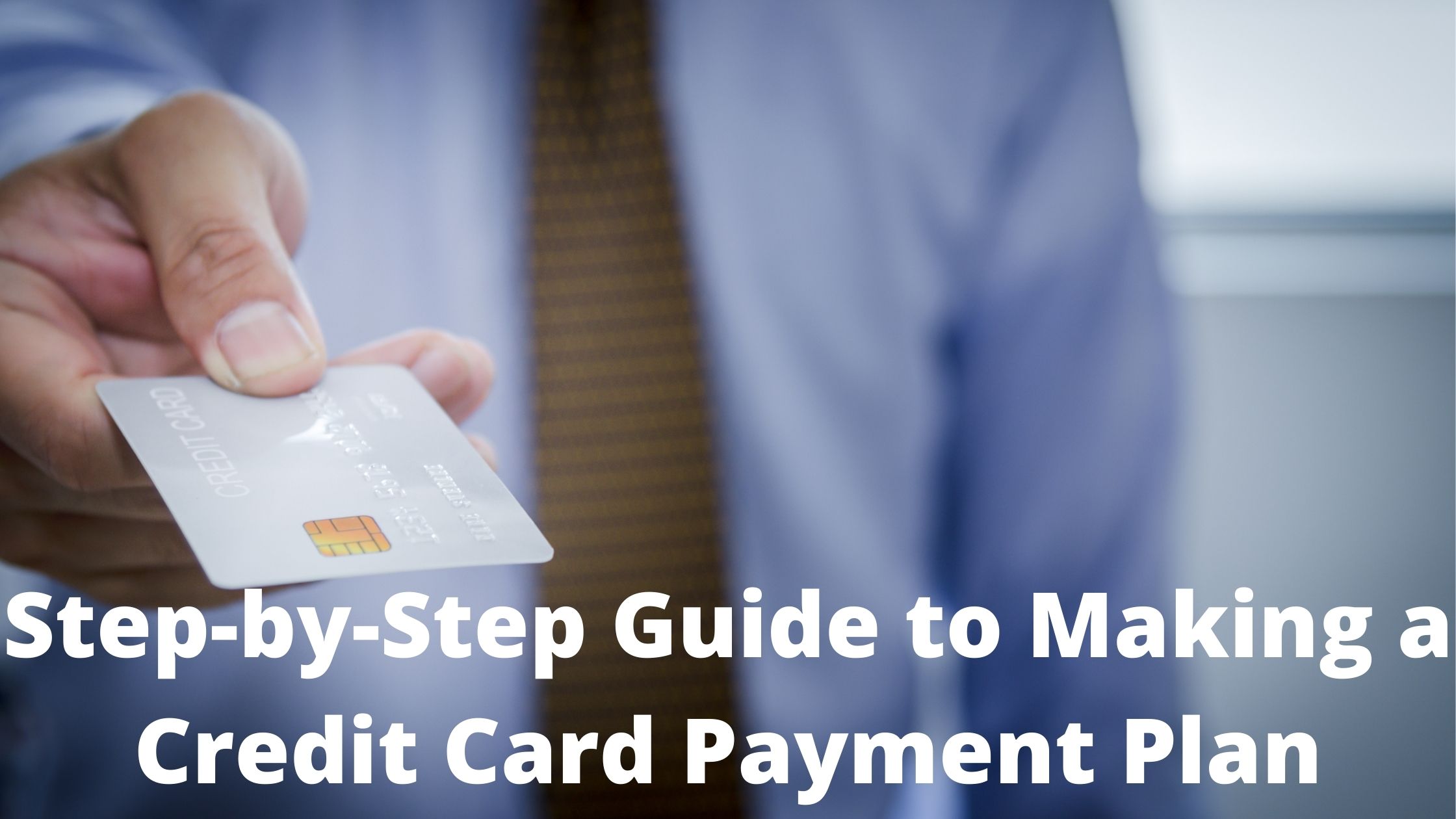Credit card payments are an essential part of online shopping. Not only do they allow you to purchase items with ease, but they also offer a convenient way to pay off your debt. However, not all credit cards offer the same payment terms. In this article, we’ll discuss the different conditions that apply to credit card payment plans.
What is a Credit Card Payment Plan?
A credit card payment plan is a great way to make large purchases over time without having to pay all of the money at once. When you get a credit card payment plan, the card company agrees to allow you to make payments over a set period of time, usually 30, 60 or 90 days. This means that you can spread out the cost of your purchase and avoid interest charges. The downside is that you have to keep up with the payments and there is a chance that you’ll have to pay more than the total amount due at the end of the plan period.
Conditions that Apply to a Credit Card Payment Plan
A credit card payment plan is an agreement between a cardholder and a lender in which the cardholder agrees to make regular payments on their outstanding debt. The terms of the payment plan will vary depending on the particular credit card, but typically, a cardholder will be required to make minimum monthly payments and pay off their debt within a set period of time.
Credit card payment plans can be extremely beneficial for both parties involved. For the cardholder, a payment plan can help them get their debt under control quickly and avoid costly interest charges. For the lender, a payment plan can reduce the number of inquiries they receive from borrowers and improve their credit score.
To be eligible for a credit card payment plan, you must meet certain eligibility requirements and follow the applicable terms and conditions of your particular credit card. In general, you must have satisfactory credit history and have an established financial situation. You may also be required to provide documentation such as proof of income or recent bank statements.
When applying for a credit card payment plan, it is important to keep in mind that not all lenders are available to offer this type of service. Before applying, research your options to find the best lender for you.
Step-by-Step Guide to Making a Credit Card Payment Plan
If you have a persistent debt and are looking for a way to get out of it, consider creating a credit card payment plan. Credit card companies are often willing to work with borrowers who are taking regular, manageable payments. Here’s what you need to know to get started:
1. Set up a payment schedule. The first step is to set a payment schedule. This will help you budget your money and make sure that you’re making consistent, monthly payments. You can choose from several different payment options, including direct debit, pre-authorized payments or automatic bank transfers.
2. Get organized. Once you have your payment schedule set, it’s important to get organized and track your progress. Keep track of the dates you’re making payments and the amounts you’re spending each month. This will help you stay on track and avoid potential penalties associated with missed payments.
3. Consult with a credit counselor. If you’re struggling to make your payments on your own, consult with a credit counselor who can help guide you through the process and provide support along the way. They can also help you identify any potential problems with your credit score and suggest solutions.
What to do if you Cannot Make Your Credit Card Payment?
If you cannot make your credit card payment, there are a few things you can do.
– Request a loan from a friend or family member.
– Apply for a low interest credit card.
– Consolidate all your debts into one loan and pay that off.
– Consider filing for bankruptcy.
What if You Get a Collections Notice?
If you receive a collection notice for a credit card payment, there are some things you can do to try and resolve the issue. First, contact the credit card company and explain that you are having problems paying the debt. Explain that you may not be able to pay all of the outstanding balance immediately, but that you will try to do so over time. If the company is unwilling to work with you or if it seems like they are going to pursue the debt aggressively, consider filing for bankruptcy. This may help protect your credit score and could lead to reduced interest rates on future purchases.
Conclusion
Thank you for considering a payment plan with us! Our team is here to help walk you through the different options we have available, and to answer any questions that you might have. We look forward to helping you take advantage of our great service, and hope that you choose one of our payment plans as your next step towards securing the financing necessary for your business. Thank you again for your interest in our company!

